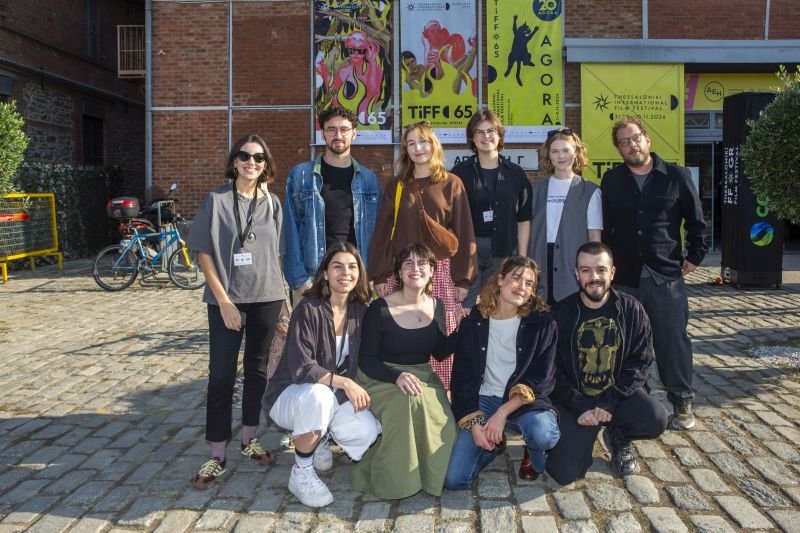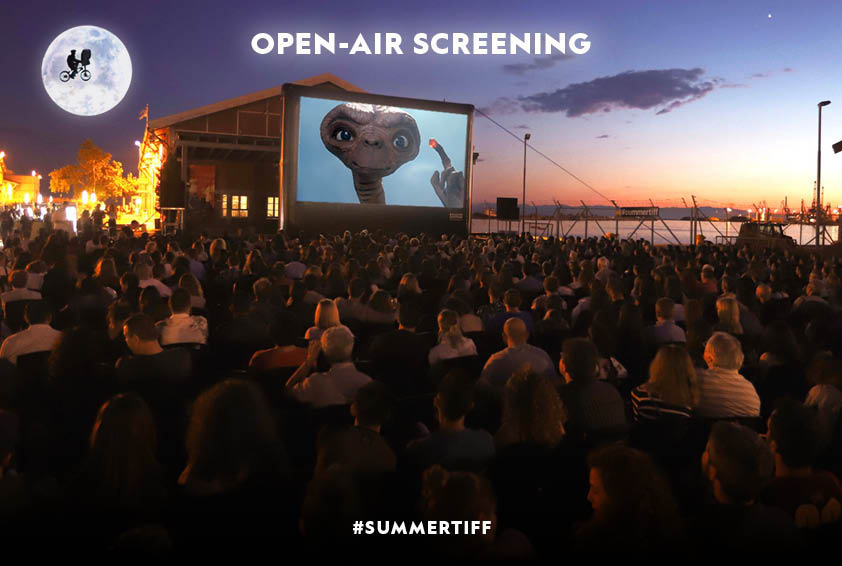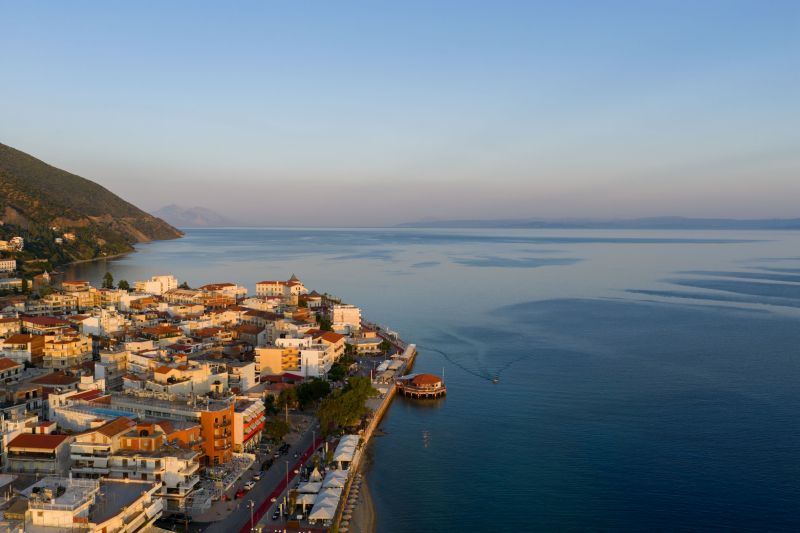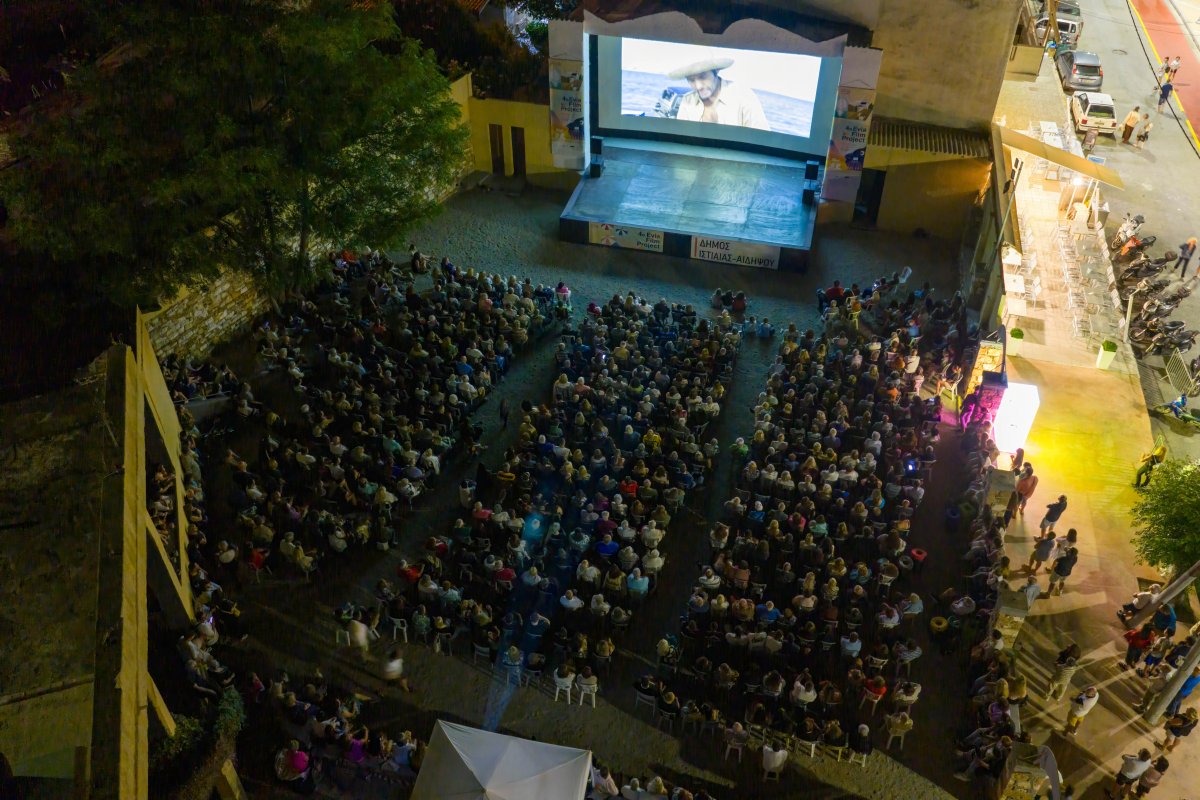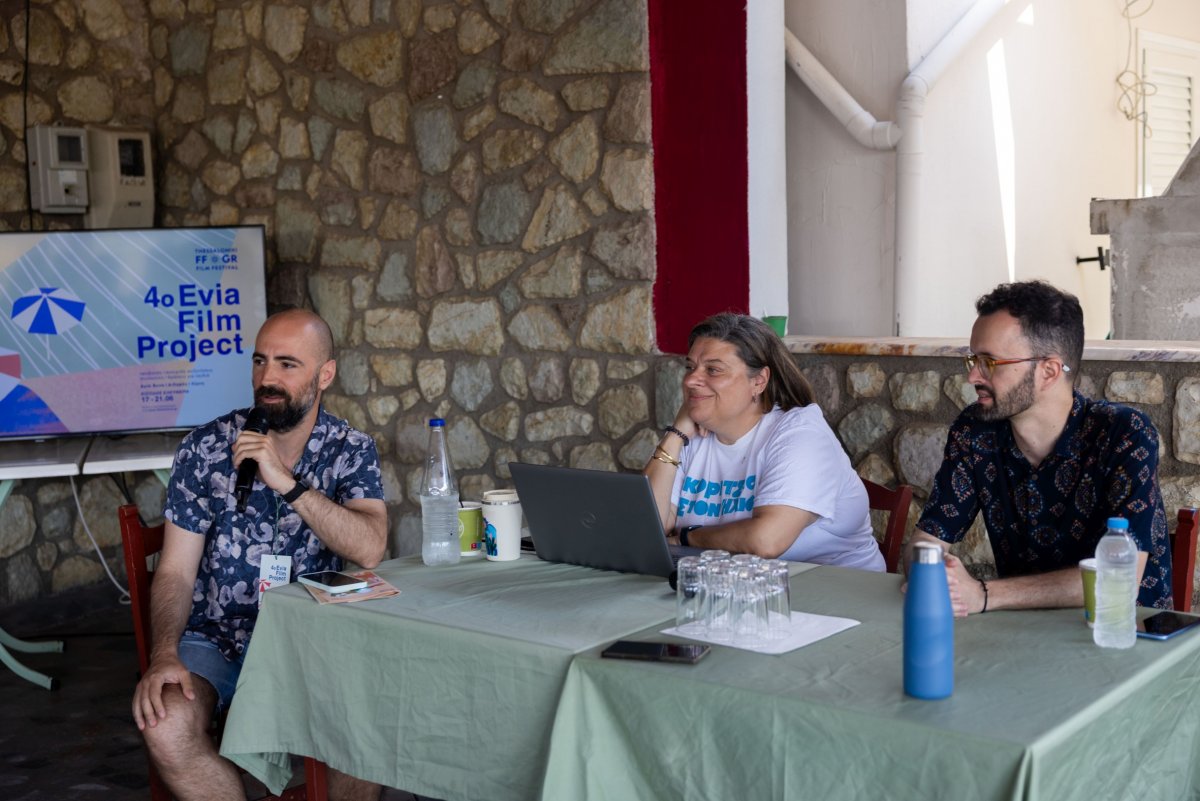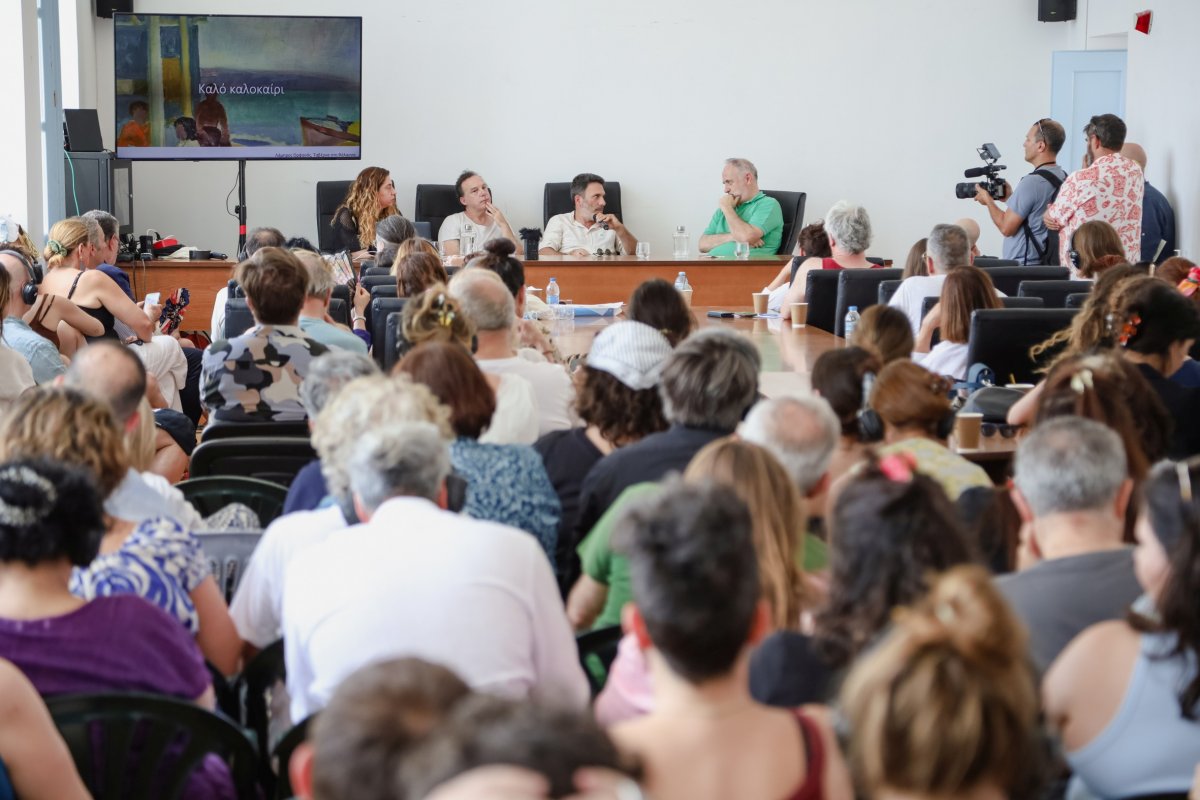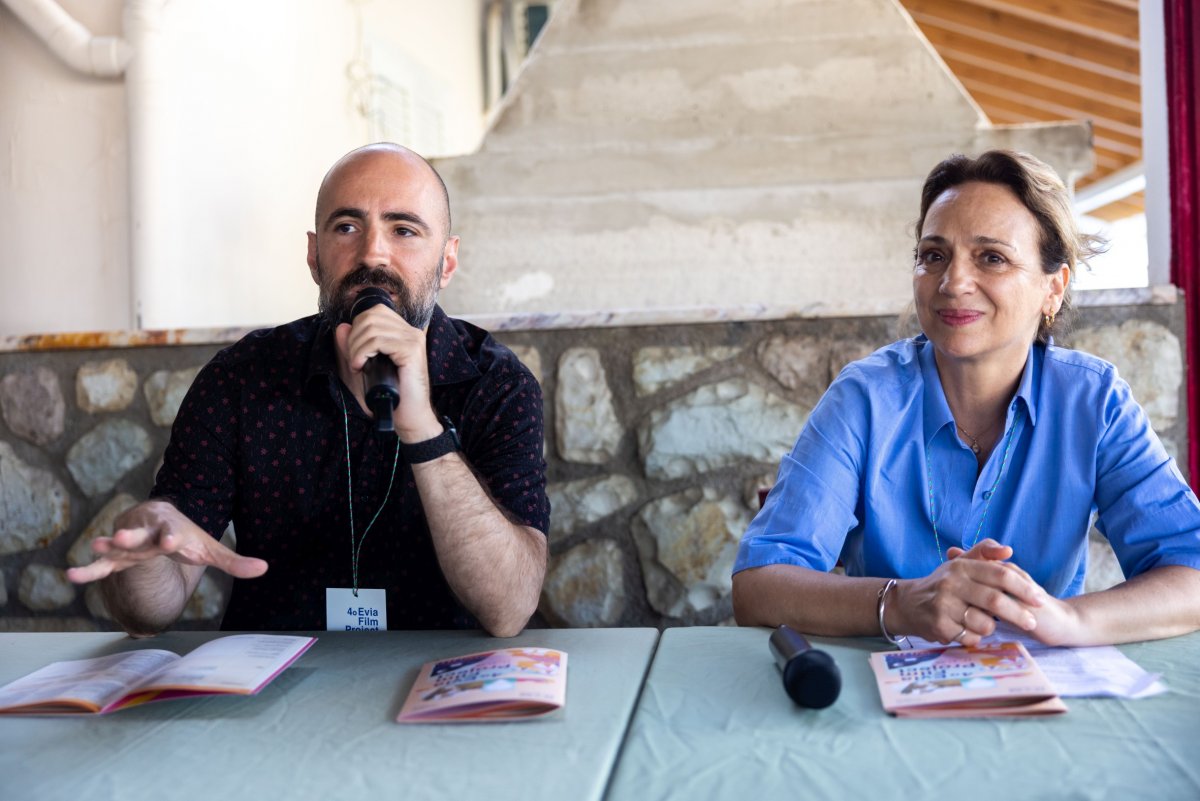When a Woman Ascends the Stairs
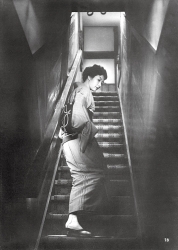
|
No physical screenings scheduled. |
- Script: Ryuzo Kikushima
- Cinematography: Masao Tamai
- Editing: Eiji Ooi
- Sound: Masao Fujiyoshi, Nao Shimonaga
- Music: Toshiro Mayuzumi
- Actors: Hideko Takamine (Keiko Yashiro), Masayuki Mori (Fujisaki, bank branch manager), Reiko Dan (Junko), Tatsuya Nakadai (Komatsu), Daisuke Kato (factory owner, Sekine)
- Production: Toho International, Japan
- Producers: Ryuzo Kikushima
- Sets: Satoshi Chuko
- Format: 35mm B&W
- Production Country: Japan
- Production Year: 1960
- Duration: 110
Mikio Naruse
Filmography
Selected Filmography
1931 Koshiben ganbare / Little Man Do Your Best!
1933 Kimi to wakarete/ Apart from You
1933 Yogoto no yume / Every Night Dreams
1935 Otome-gokoro sannin shimai / Three Sisters with Maiden Hearts
1935 Tsuma yo bara no yo ni / Wife! Be Like a Rose!
1935 Uwasa no musume / The Girl on Everyone’s Lips
1937 Nyonin aishu / Feminine Melancholy
1938 Tsuruhachi Tsurujiro / Tsuruhachi and Tsurujiro
1939 Hataraku ikka / The Whole Family Works
1939 Magokoro / Sincerity
1940 Tabi yakusha / Traveling Actors
1941 Hideko no shasho-san / Hideko, the Bus Conductor
1943 Uta andon / The Song Lantern
1944 Tanoshiki kana jinsei / This Happy Life
1951 Ginza gesho / Ginza Cosmetics
1951 Meshi / Repast
1952 Okaasan / Mother
1952 Inazuma / Lightning
1953 Fufu / Husband and Wife
1953 Tsuma / Wife
1953 Ani imoto / Older Brother,Younger Sister
1954 Yama no oto / Sound of the Mountain
1954 Bangiku / Late Chrysanthemums
1955 Ukigumo / Floating Clouds
1956 Shuu / Sudden Rain
1956 Nagareru / Flowing
1958 Iwashigumo / Summer Clouds a.k.a. Herringbone Clouds
1962 Horoki / A Wanderer’s Notebook a.k.a. Her Lonely Lane
1964 Midareru / Yearning
1967 Midaregumo / Scattered Clouds a.k.a.Two in
the Shadow / Σκόρπια σύννεφα





